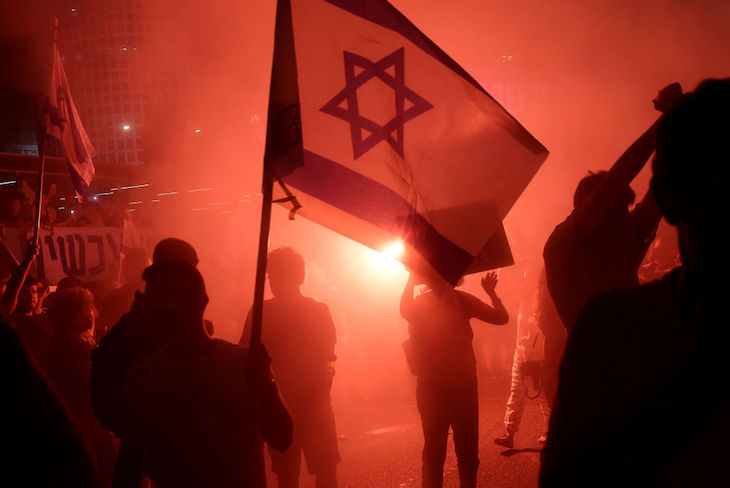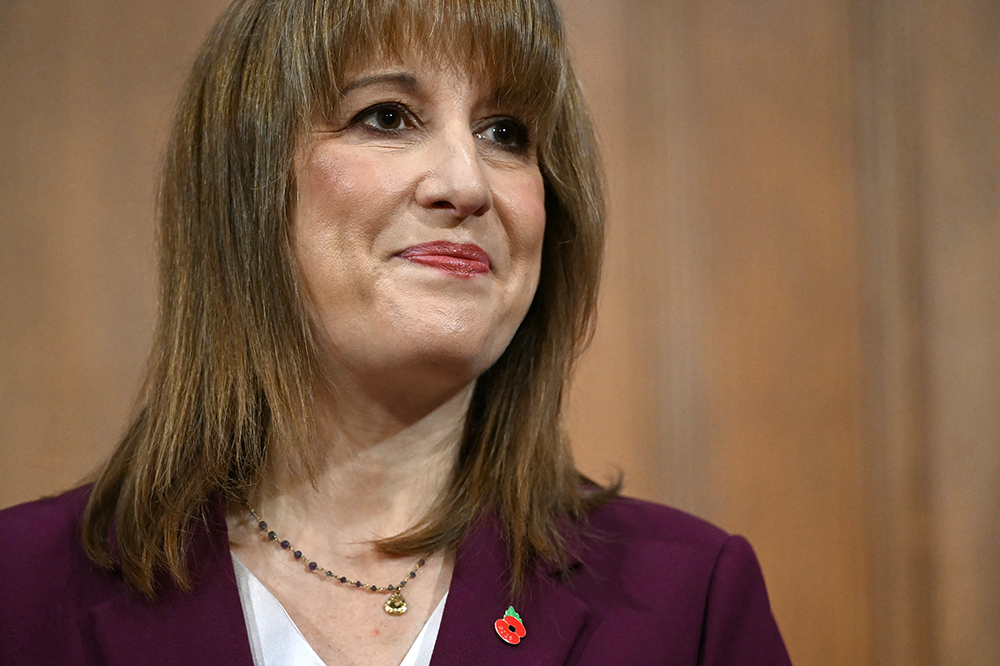From sunset on Wednesday until sunset today, Jews around the world celebrate Rosh Hashanah, the Jewish new year. It comes after a hellish 12 months for Israel and the Jewish diaspora at large. It started with Hamas’s brutal terror attack of 7 October and ended with an Iranian missile barrage on Tuesday night. There is undoubtedly more to come as Israel tries to push back Hezbollah, bring about an end to the near daily rocket attacks and allow displaced citizens from the north to return home.
The plight of the remaining hostages looms large
I was in Israel just a few weeks ago. In the run up to arriving at Ben Gurion airport, I was worried about what I would find. What toll would the war have taken? While many of the conversations I had whilst in Israel ultimately came back to the war, and reminders about the hostages were everywhere, I was struck by the resilience of the people.
In the aftermath of the attack, the usually joyous festival of Purim had been difficult. Tel Aviv Pride was cancelled. But now, nearly a year on, I had landed in a country daring, albeit cautiously, to smile again.
People were dancing in restaurants in Jerusalem. Bars were packed with revellers. When I was driven through the Negev desert, my guide told me that his military reserve service would have been for nothing if life in his country didn’t resume. Everyone liked to tell me that it was they who lived in the safest part of the country!
Iran’s failed attack, in which it sent around 180 ballistic missiles towards Israel, will inevitably have brought a temporary halt to all of this. There is no doubt that Israelis are exhausted and traumatised after a year of war. Many Israelis, under the threat of Hezbollah rockets, have been forced to flee their homes and seek shelter elsewhere.
The terrible effects on Israeli society because of what has occurred over the last 12 months will be hard to fix. But the country’s enemies underestimate its sheer bloody-mindedness at their peril. That’s not just about technical innovation and military might, it’s about a people determined not to succumb to terror.
Of course, the plight of the remaining hostages looms large. You are greeted by their faces as your walk through the airport. There are signs calling for their release all over the sides of the roads. In Tel Aviv, Hostages Square – where families have created exhibits to highlight the plight of their loved ones – remains a key meeting point. There is a long Friday night dinner table laid out there, with a place setting for each hostage, including highchairs for the babies and small children. I cried as I saw the picture of Almog Sarusi, whose sister I spoke to back in March and who was one of the six hostages killed as the Israeli Defense Forces got close to rescuing them.
In that square is a tunnel like the ones the hostages have been held in, complete with the sounds of gunfire and people walking above. Walking through it is a deeply disturbing experience. Living in such conditions is unimaginable.
I also visited Haifa, the port city in the north of the country that, amongst other things, is home to the beautiful Bahá’í Gardens and is on Hezbollah’s hit list. It’s nearly impossible for an outsider to find their way around because the GPS signals have been scrambled for security reasons.
Elsewhere, I spoke to members of the Druze and Circassian communities proud to have Israel as their home and to serve in its armed forces. No part of Israeli society has gone unscathed since 7 October. Indeed, the Druze saw a dozen of their children killed by a Hezbollah rocket that landed where they were playing football.
While diaspora Jews may not have to be rushing to bomb shelters, the last year has brought with it its own horrors. Whether it is seeing thousands flood the streets of central London and elsewhere to attend hate marches week after week, the general rise in antisemitism or having to frantically text friends and family in Israel after every missile attack, it has been an exhausting experience.
Somewhat bizarrely, I have had more than one conversation with Israelis seemingly more concerned about me as a Jew in London than about their own safety. Indeed, this week, a huge security operation is in place to protect British Jews as we attend synagogue to see in the new year and mark Yom Kippur, the day of atonement. Of course, high levels of security in the Jewish community are nothing new, but things feel more tense now. The cold hard reality is that whatever happens in the Middle East affects us in the diaspora and we are all on edge.
The traditional Jewish greeting for Rosh Hashanah is shana tova umetuka – a good and sweet new year. After the bitterness of the last twelve months, that is what Jews in Israel and around the world need.







Comments